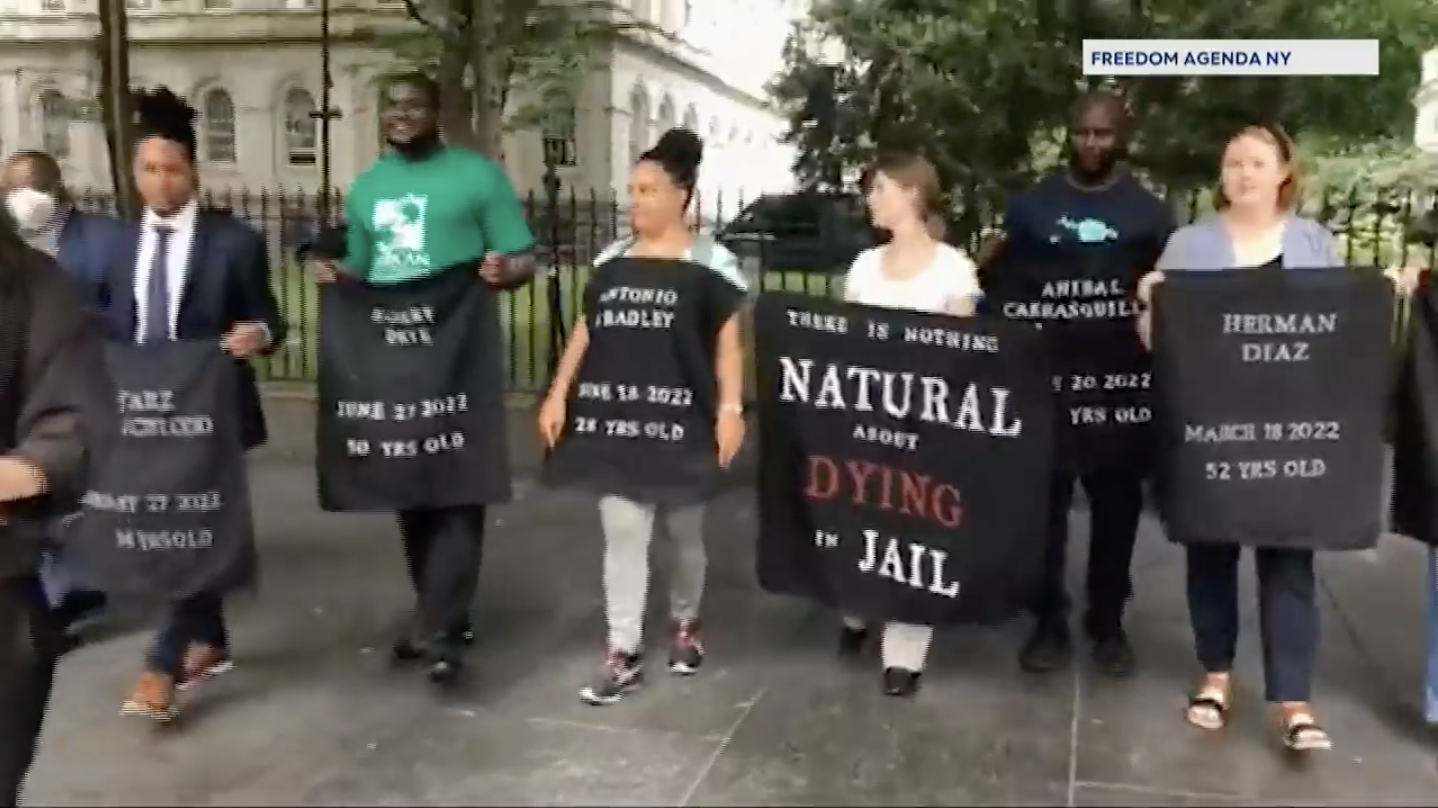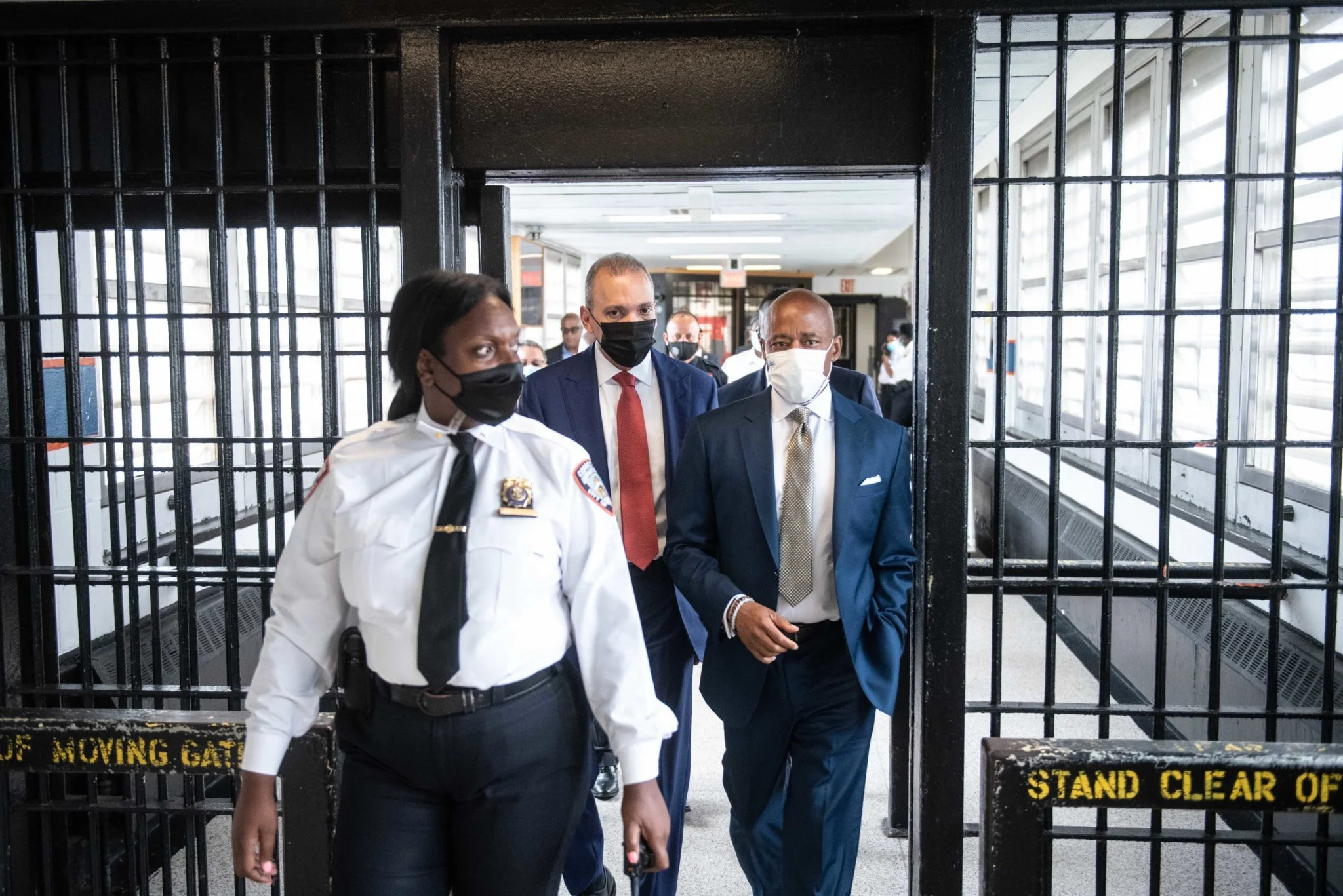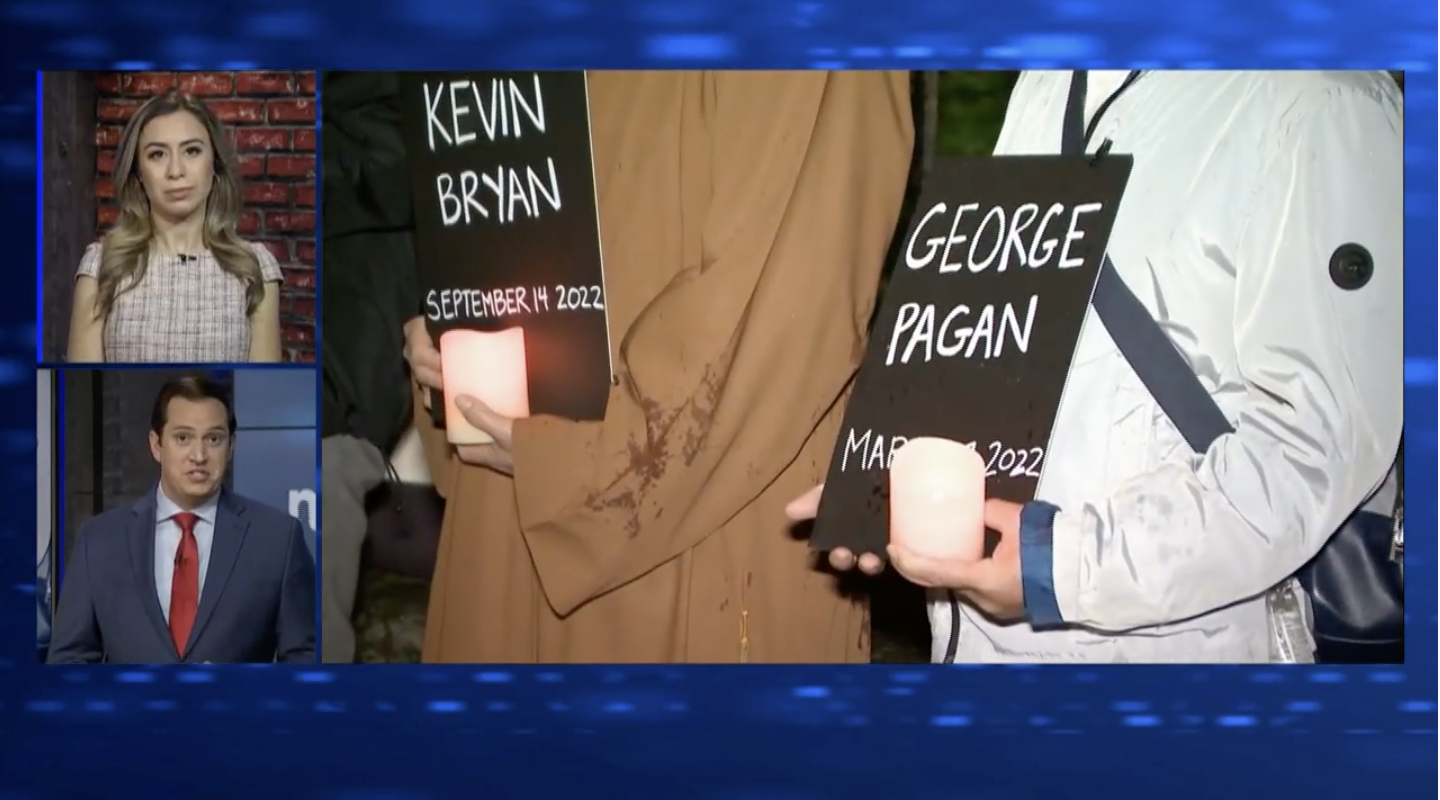CAMPAIGN LEADERS
REV. CHLOE BREYER
At this point, sticking with the original plan of reducing the population on the island and then shifting people to the borough-based jails has never been more important.
Rev. Chloe Breyer is an Episcopal Priest in the Diocese of New York and Executive Director of the Interfaith Center of New York, an organizational partner of the Campaign to Close Rikers.
MEDIA APPEARANCES
Q+A
1.) How are you connected to this movement?
I would say that my own awareness about Rikers Island really began in 1998, when I was a Clinical Pastoral Education student at Bellevue Hospital. I was in training before ordination to do chaplaincy work, and that involved having a presence on the forensic ward on Bellevue and hearing stories of people dying on Rikers because they weren't getting off the island in time to have their health care needs addressed. I then went with a group of psychologists to tour Rikers and was truly horrified by what we saw. That included verbal assault of a person by a correction officer just right in front of us, so it seemed of no interest or care that there were outside visitors even.
That was 25 years ago. So since that time, I've been involved in supporting the Lippman Commission. We're working with Freedom Agenda on trying to push that painstaking plan that had so much work put into it on the borough-based jails and getting communities to agree to that and create a plan for a better physical jail system that would also include a reduction in the number of people overall.
2.) Why should Rikers close?
We know that sometimes our society, or any society, is judged by how it treats its weakest members. And in terms of people who are on Rikers for sometimes very good reasons, they don't lose their human rights as they walk through those doors. They are still human beings. And the problem with Rikers is that it seems for too long, once people arrive in Rikers they are treated in an inhumane way. And that culture of violence and inhumanity affects both the people who are there serving time and also the correction officers who are supposed to be the stewards of them and keeping safety in that environment. And so the number of people who have died at the hands of either themselves or other prisoners or corrections officers is evidence that it is going in the wrong direction. At this point, sticking with the original plan of reducing the population on the island and then shifting people to the borough-based jails has never been more important.
3.) What is your vision for a more just and equitable post-Rikers New York City?
I remember there is a former official in city government, who apparently was receiving a visiting delegation from another country and was in the process of touring elements that were places within our judicial system. I'm not sure whether it included Rikers or not, but it certainly included the courts. And the response of this delegation was, "Well, where are the jails, where's the justice system for white people?"
That is a damning question to New York City, and I think the racial injustice that has been evidenced quite clearly in our criminal justice system needs to be addressed - as it has been with some of the bail reforms, and Clean Slate also goes a long way to that. But closing Rikers will be yet another step in creating a more racially just and economically just New York City, and I think also a more humane one. We say that we're putting people on Rikers to protect society, but we've seen too often that the violence that takes place on Rikers affects the rest of the city. That kind of culture has effects that go beyond the walls of the prison, and we're feeling them.








